Are you struggling to navigate through someone’s erratic behavior towards you? Understanding the signs someone is projecting insecurities can help you in this situation.
Have you ever been on the receiving end of hurtful comments that seemed to come out of nowhere?
Or perhaps you’ve had a friend or family member who consistently blames you for things that you know aren’t your fault. If so, you may have been the victim of projection.
According to psychologist Carl Jung, projection is one of the most dangerous psychological mistakes, and it is the root of almost all conflicts.
This type of behavior happens when someone places their own beliefs or emotions onto someone else, often unconsciously. Projection can manifest in many different ways, but one of the most common is when someone projects their insecurities onto others.
In this article, we will explore three signs someone is projecting insecurities onto you. We will also discuss different types of projection and provide tips on how to recognize when someone is projecting onto you.
Related Narcissism Driven By Insecurity: 16 Signs To Watch Out For
Recognizing The Signs Someone Is Projecting Insecurities Onto You
It’s important to understand the projecting signs. Here are three common ones:
Repression:
Zion, a renowned psychologist, has played a significant role in uncovering the connection between repression and projection.
In 1997, Leonard Newman and his team conducted a study that asked people to identify the negative traits they found most threatening.
They then observed how participants reacted to those traits in themselves and others. What they found was astonishing –
Those who repressed their emotions were quick to deny having those traits themselves but were more than happy to attribute them to someone else.

Repressors often avoid talking about the traits they find most threatening, and this can lead to projection.
Related 10 Things You End Up Doing When You’re Repressing Your Feelings
So, how can you tell whether someone is raising a genuine concern or projecting their own insecurities onto you?
The next time you suspect that someone might be projecting, take a moment to reflect. Have they exhibited these traits themselves, but are quick to deny or repress them?
Have they expressed hatred or a strong emotional reaction to these traits? If the answer is yes, then it’s more likely to be a projection rather than a legitimate concern.
Remember, being aware of projection can help you navigate difficult interactions and avoid unnecessary conflict.
Reactions:
We’ve all had that one friend or acquaintance who seems to fly off the handle at the slightest provocation. Maybe they get unreasonably angry when someone disagrees with them, or they take offense to a harmless comment.
It’s easy to assume that the problem lies with them, but according to psychologists and therapists, it could be a sign of projection.
And when someone is projecting onto you, one of the key signs is an overreaction. As international certified counselor Tanya Peterson notes, “Overreaction is a major sign of projection.”
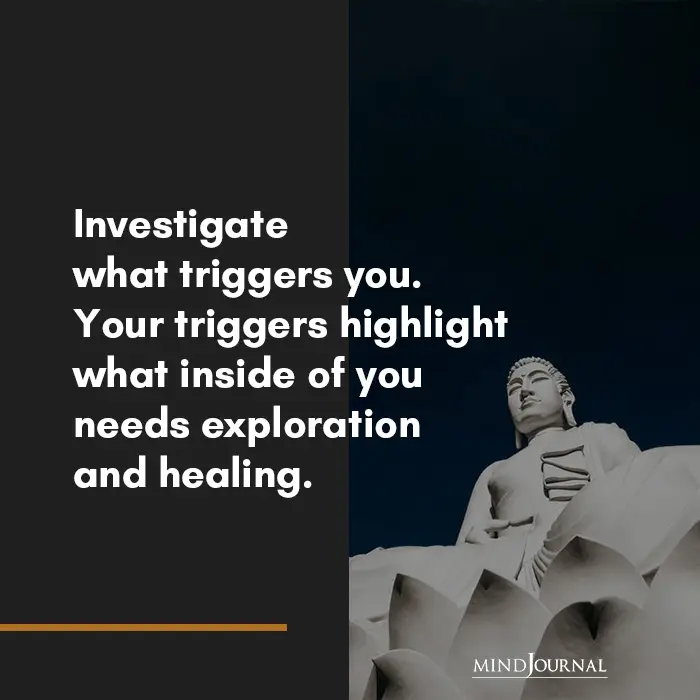
When you have a crush on someone, you might find yourself overreacting to their every move. You might pretend that they’re annoying or unattractive, even if deep down you know that’s not true.
The same can happen when someone is projecting their insecurities onto you. They might lash out at you for no reason, or get angry over something that seems minor to you.
Related How Paranoid People Use Projection As A Defense Mechanism
Psychologically speaking, this overreaction is a defense mechanism. When someone feels uncomfortable or threatened by their own thoughts or feelings, they might project those feelings onto others in order to distance themselves from them.
So, if you find yourself in a situation where someone is overreacting to you, it’s worth considering whether they might be projecting their own insecurities.
Of course, this isn’t always the case – sometimes people are genuinely upset about something. But if you can recognize the signs someone is projecting onto you, you might be able to approach the situation with more empathy and understanding.
The Blame Game:
If your partner accuses you of cheating despite having no evidence, it could be a sign of projection. This is a common psychological defense mechanism where someone projects their own negative qualities onto others.
For example, if someone has the desire to cheat themselves, they might accuse their partner of cheating instead.
Related How to Respond To False Accusations In A Relationship
Well, according to psychologists, this is a classic case of projection. In a relationship, we might project our own desires and fears onto our partner.

If we have a subconscious desire to cheat, we might accuse our partner of being unfaithful as a way to deflect attention away from our own desires.
But projection isn’t just limited to romantic relationships. It can happen in any situation where someone is struggling with their own insecurities or issues.
For example, have you ever been blamed for something you didn’t do, or accused of having a negative attitude when you’re actually feeling pretty positive? These could be signs someone is projecting onto you.
The key to dealing with projection is to recognize it for what it is. When someone is projecting onto you, it’s not about you at all – it’s about them and their own issues.
By understanding this, you can avoid getting caught up in their emotional turmoil and navigate these interactions with greater ease.
Related 15 Surprising Things You Didn’t Know About Cheating in Relationships
Types Of Projection
Now that we’ve covered the different projecting signs, let’s discuss three types of projection.
Positive Projection:
This happens when someone sees positive qualities in another person that they wish they had themselves. For example, if someone is outgoing and social, they may project those qualities onto someone else who is more reserved.
Negative Projection:
This is when someone attributes their own negative traits or behaviors to another person. For example, if someone is dishonest, they may accuse others of being liars.
Complementary Projection:
This happens when someone assumes that others share their attitudes, beliefs, or values. For example, a religious person may assume that everyone else shares their beliefs and values.
Dealing With The Signs Of Someone Projecting Their Insecurities Onto You
If you suspect that signs someone is projecting insecurities onto you, there are a few things you can do to recognize and handle the situation:
Don’t Take It Personally:
Remember that what someone says to you is often more about them than it is about you. Try not to internalize their hurtful comments.
Stay Calm:
If someone is projecting onto you, they may become defensive or angry if you confront them. Try to stay calm and don’t engage in a heated argument.
Set Boundaries:
If someone is consistently projecting onto you, it’s important to set boundaries to protect yourself. This may mean limiting your interactions with them or ending the relationship altogether.
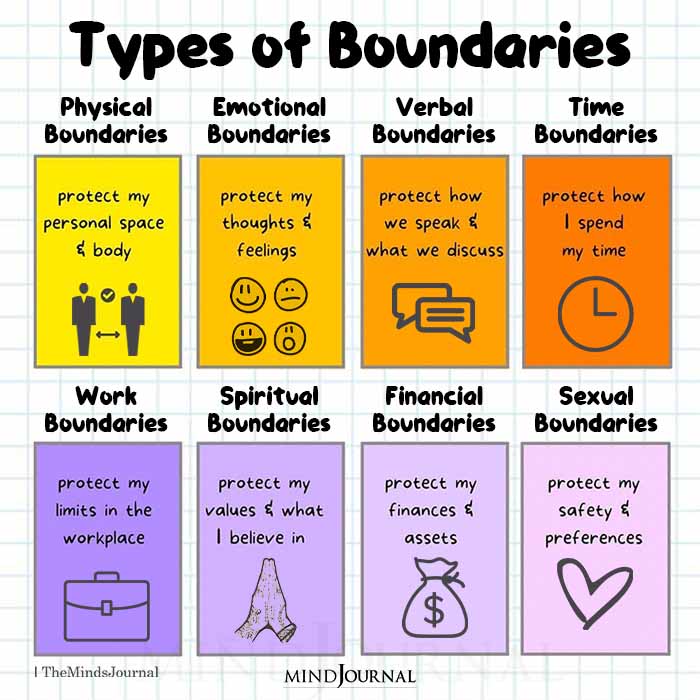
In conclusion, recognizing the signs someone is projecting their insecurities onto you can help you become more resilient and take their negative comments less personally.
By understanding different projection types and how to handle the situation, you can navigate these interactions more effectively.
Related 10 Signs Of Healthy Boundaries
Remember, projection is often a defense mechanism for uncomfortable emotions, so try to approach these situations with compassion and understanding, recognizing that the person may be struggling with their own insecurities and emotions.
It can be helpful to take a step back and reflect on the situation before reacting, as well as communicating calmly and assertively to address any concerns or misunderstandings.
By recognizing the signs someone is projecting their insecurities onto you, you can develop greater resilience and self-awareness, as well as improve your relationships with others.
Ultimately, understanding projection and how it manifests can help you navigate challenging interpersonal situations with more empathy and grace.
What are the common signs of someone projecting their insecurities onto you?
Common signs include overreacting, blaming you for their own problems, accusing you of behavior they exhibit, and denying their own faults while pointing out yours.
How can I respond when someone is projecting their insecurities onto me?
It’s important to stay calm and not take their behavior personally. You can try to empathize with their emotions and encourage them to take responsibility for their own feelings.
Can projection be a sign of a deeper issue in the person projecting?
Yes, projection is often linked to repressed emotions and unresolved psychological issues. It’s important to address the underlying issues to prevent ongoing projection and improve overall mental health.
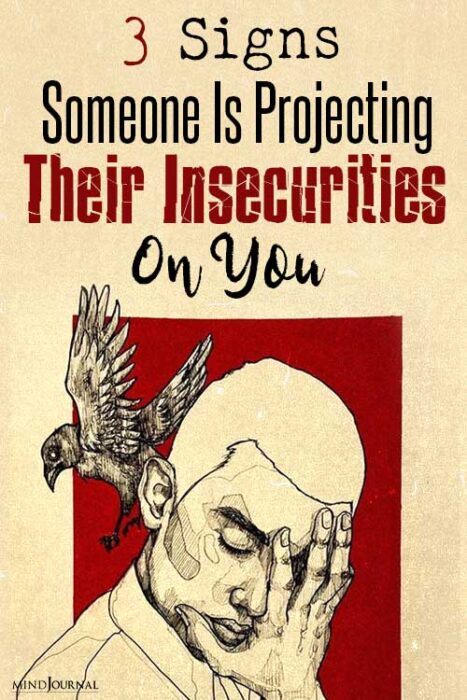
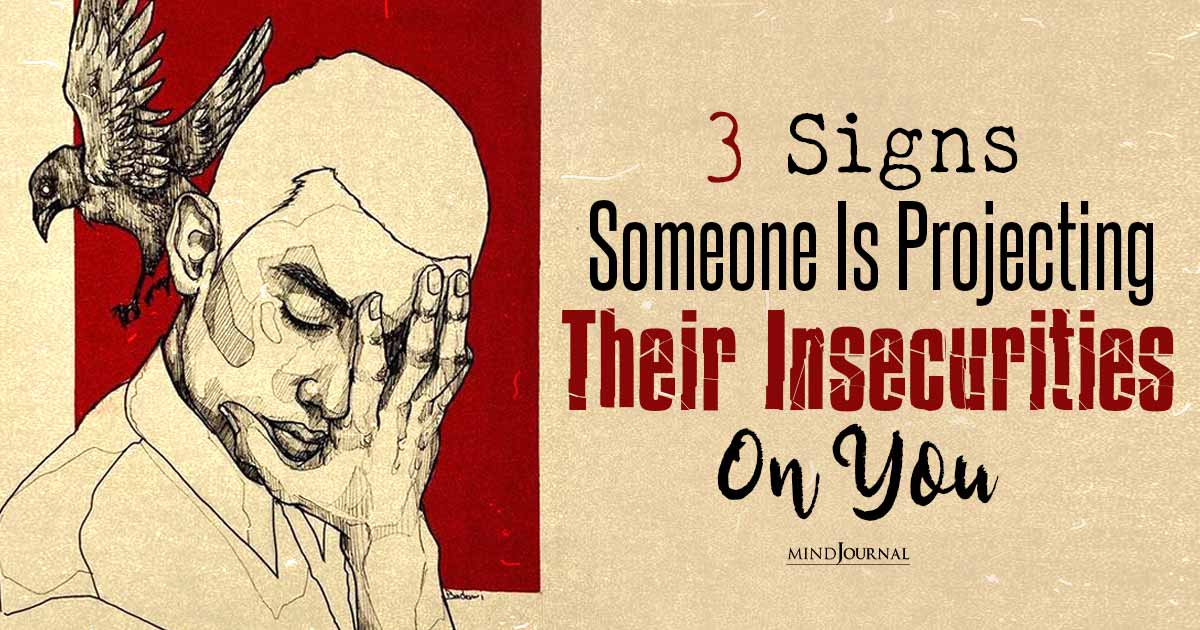


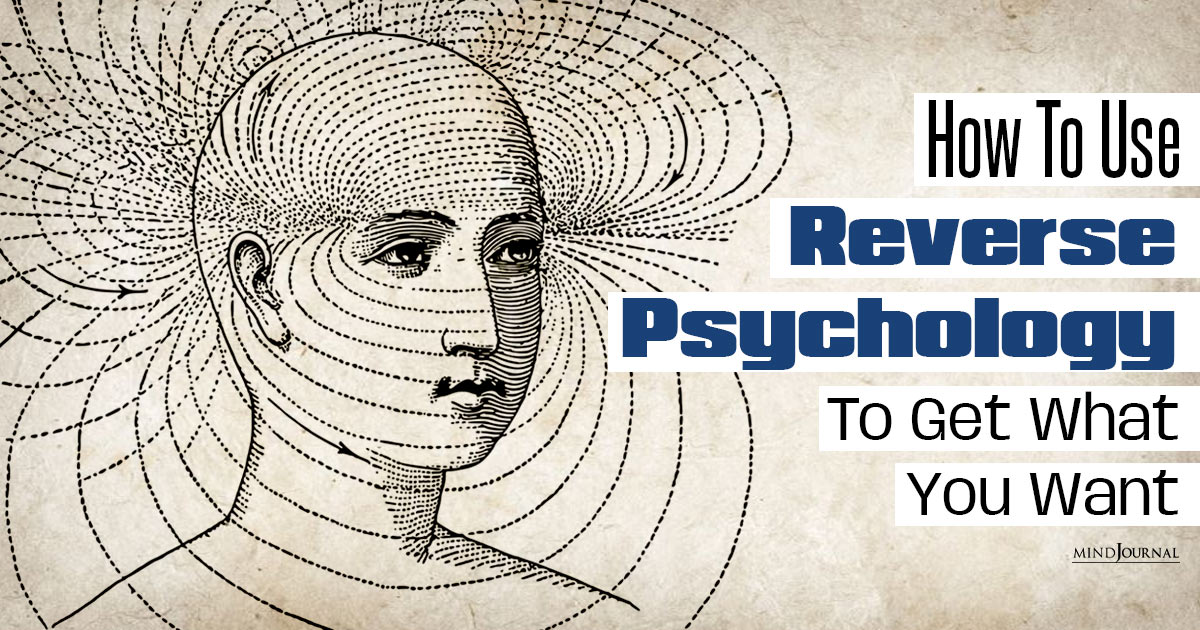



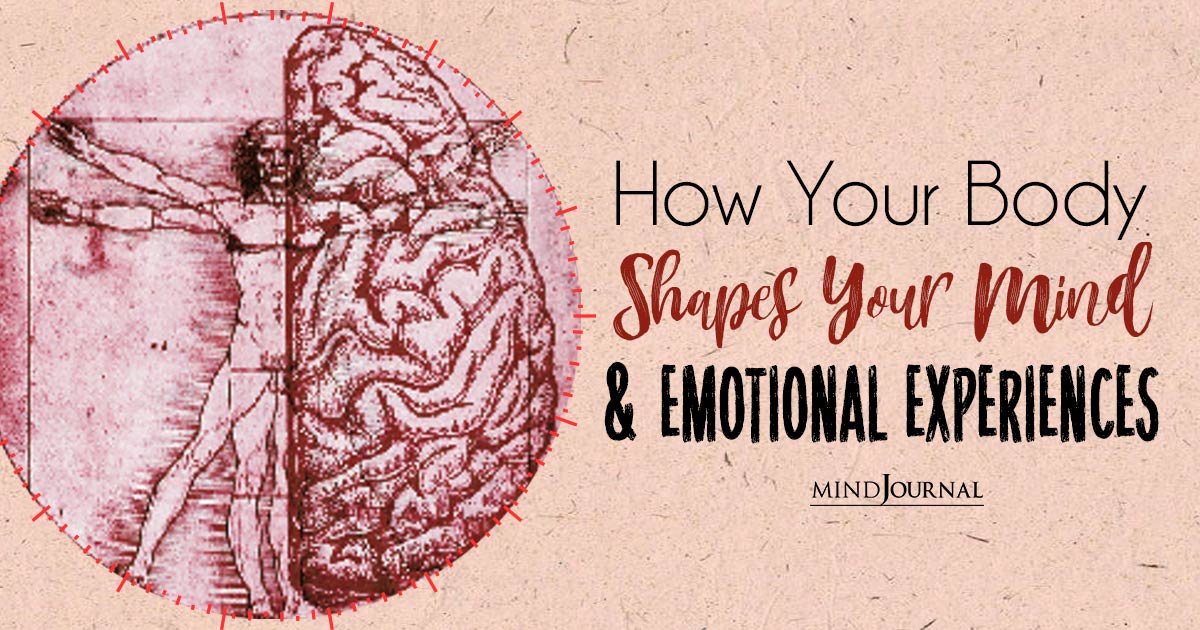
Leave a Reply
You must be logged in to post a comment.